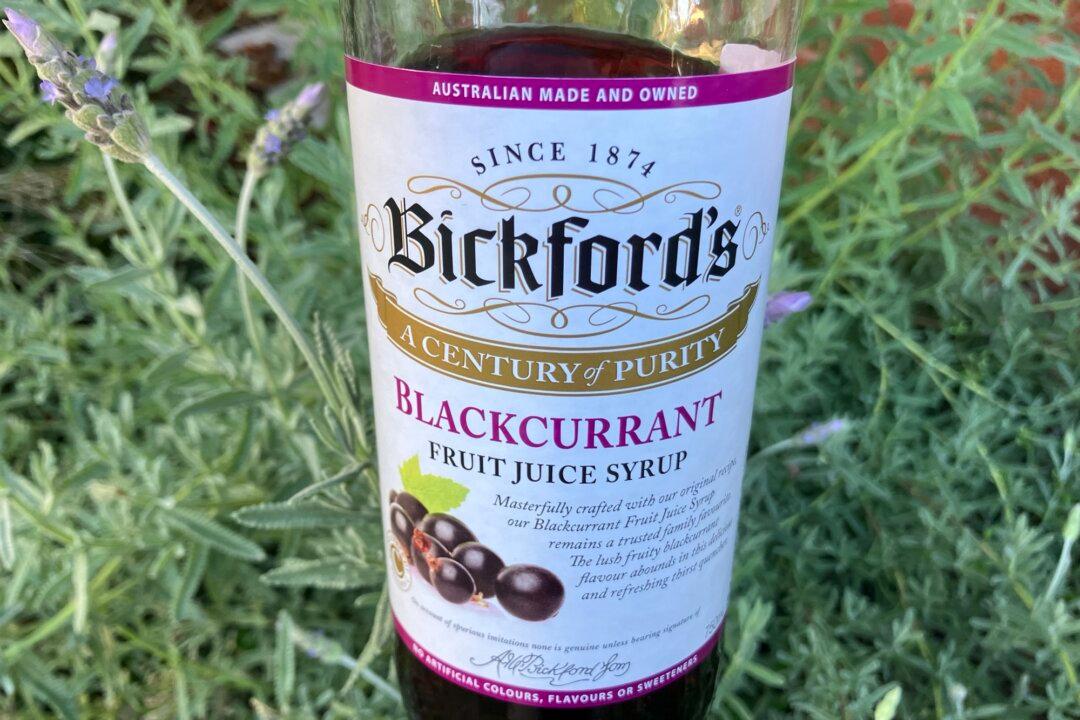High energy prices are making it harder for Australian beverage companies to remain competitive, a parliamentary committee has been told.
At an inquiry hearing on Aug. 14, George Kotses, Group Operations Manager of Bickford’s Australia highlighted energy prices as the most significant issue facing the 150-year-old cordials and soft drinks manufacturer.





